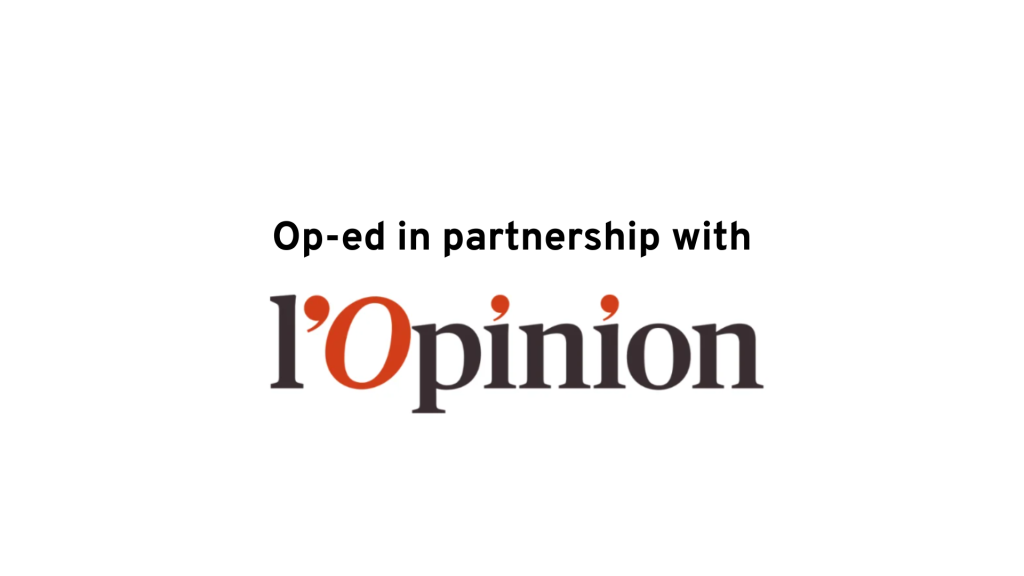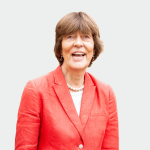Is the European Parliament on the right?

The European Parliament elected in June 2024 is very different from its predecessors. The political balance of power has shifted, the atmosphere has changed, and so has the European and international context.
Following the June 2024 elections, the EPP group (centre-right) came out on top, increasing its number of MEPs (from 176 in the previous term to 188 today, out of a total of 705 MEPs). It is followed by the S&D group (socialists and social democrats), which has declined slightly (from 139 to 136). The Renew group (centre) has suffered a major setback (from 102 to 75) and has been relegated to fifth place.
The alliance of interests between Victor Orban’s Fidesz party, which was excluded from the EPP, and the National Rally, which wanted to distance itself from the AfD, Germany’s far-right party, led to the formation of a new group, ‘Patriots for Europe’, which became the third largest political force in Parliament with 86 MEPs, followed by the ‘Conservatives and Reformists’ group, dominated by Giorgia Meloni’s party. The AfD and a few others joined forces with several other parties to form the Europe of Sovereign Nations group (25 MEPs).
In other words, the EPP group has become the pivotal group in the Assembly, while the groups on the right hold an absolute majority. Conversely, the former progressive majority, which was close to an absolute majority (S&D, Renew, Greens, the European Left group), no longer exists.
Does this mean that the European Parliament has shifted to the right?
It is still too early to take stock of the first few months of the legislative term, as the second half of 2024 was devoted to setting up the new Commission chaired by Ursula von der Leyen, who was elected by the European Parliament.
There have been several signs of a shift to the right in the chamber, characterised by alliances between the EPP and the far right. For example, on 3 April, this alliance led to the rejection of an amendment aimed at setting up an ethics committee to strengthen the fight against corruption, which had been proposed by the S&D, Renew and Greens groups.
Fundamentally, the European Union’s priorities have changed profoundly compared to the last legislature, which was largely dominated by the Green Deal.
Today, the watchwords are security and competitiveness. The integrity of the Green Deal, which has been heavily criticised by the right, is no longer assured.
However, there are also signs of convergence between the groups considered to be pro-European (EPP, S&D, Renew, Greens), which elected the European Commission. The President of the Commission herself had defined the red lines concerning the alliance with the far right, according to the formula ‘pro-Europe, pro-Ukraine, pro-rule of law’.
This was reflected in votes on the EU’s future financial perspectives, which revealed this convergence, opposing a budget overhaul, as will undoubtedly soon be proposed by the European Commission. The issue of financing European policies will be one of the key topics in the coming months.
Regardless of the shift to the right on specific issues, the spirit of compromise between the main pro-European political forces, which certainly requires intense daily negotiations, seems to remain, encouraged by the new German leadership and an international situation that is increasingly challenging for Europe.




